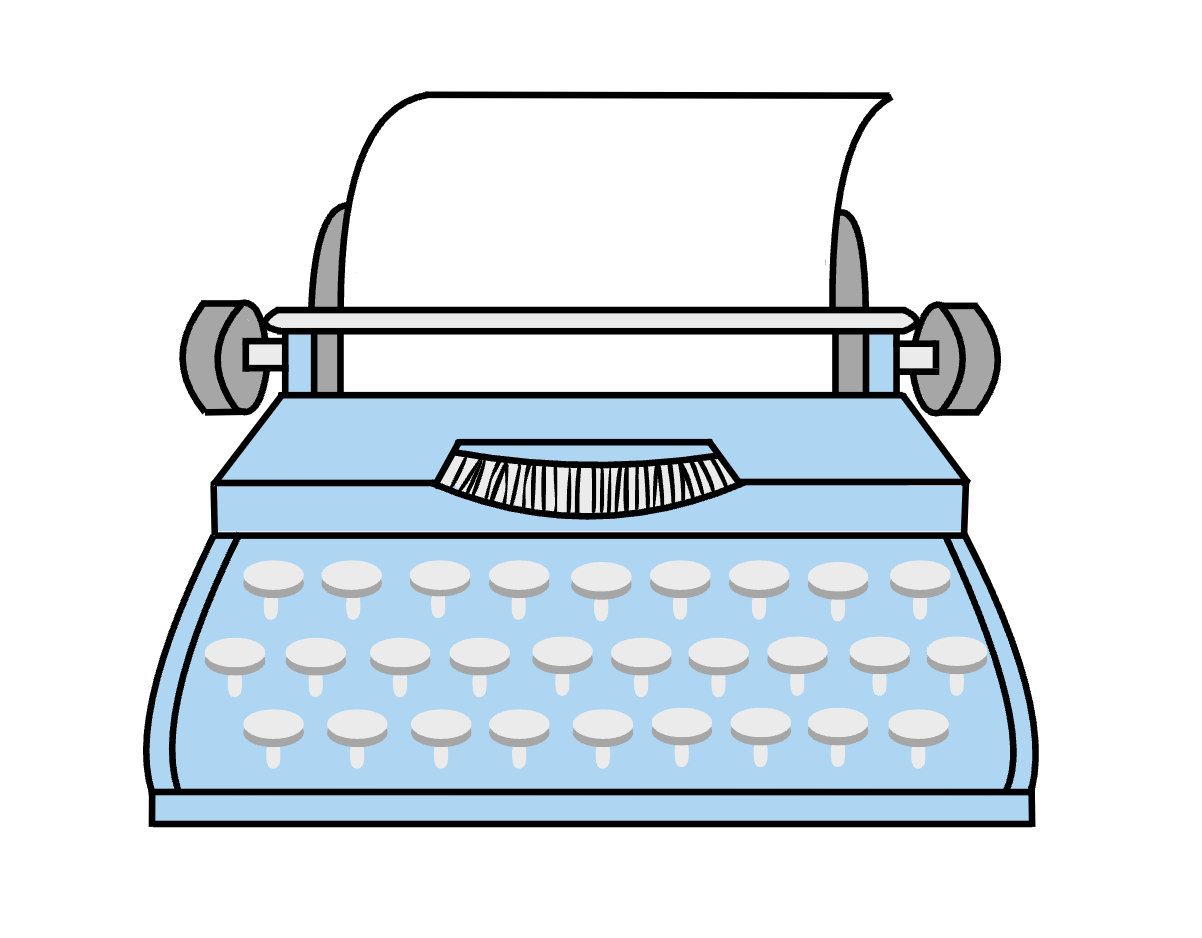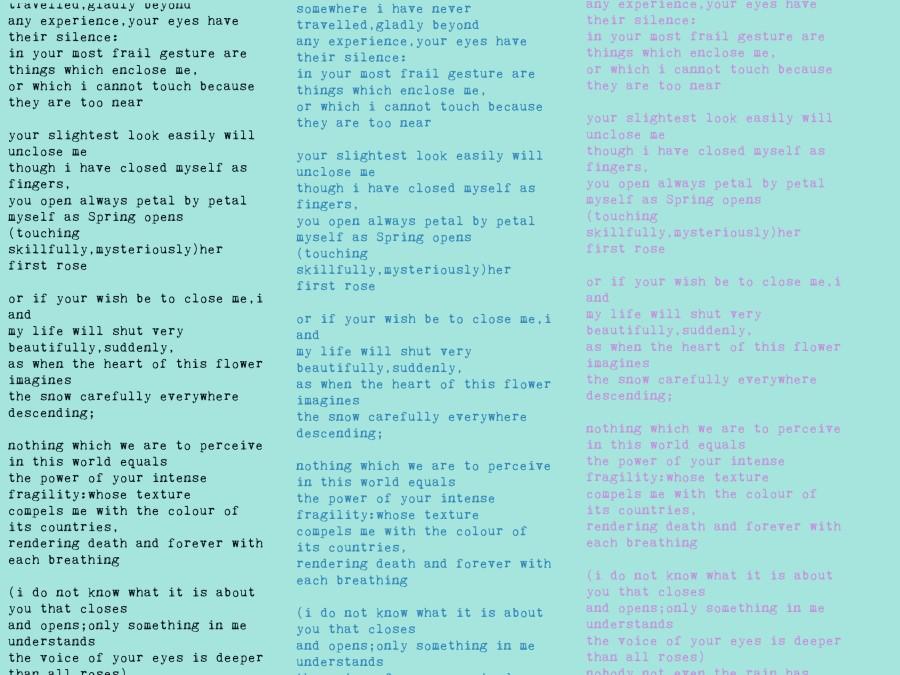The poet’s corner: April is National Poetry Month
Megan Murphy ’17 comments on National Poetry Month
Poetry is one of the most free forms of writing in literature. There really isn’t a specific format to following, like writing for essays or short stories. With the Haiku to the Tonka, it can be difficult to classify and describe the multiple varieties of poems. As described by “Cambridge English Dictionary,” poetry is “a piece of writing in which the words are arranged in separate lines, often ending in rhyme, and are chosen for their sound and for the images and ideas they suggest.” That’s quite a loaded definition. Breaking it down, all it really is is a bunch of elaborately-placed words with an uncanny amount of literary devices.
But, the meaning behind these elaborately-placed words is what tells the story. The message behind the poet’s theme can be interpreted by scansion, rhyme, meter, iambic pentameter (which I know we’ve all learned ) can help break down the technicalities of the poem’s message.
Now, those of you in Ms. Glenda Rauscher’s class will know that this month is (drumroll please)….. NATIONAL POETRY MONTH! To celebrate this fabulous month the very popular National Public Radio (NPR) has put out a Twitter poetry callout. Tweet at least a 140-character poem and do #NPRpoetry.
Natalie Plowman, a high school teacher at Windsor High School in Colorado, asked her students to participate. Here are some examples of what they came up with: “I’m sitting in class. I was just recently asked. To write a haiku.” “One hundred twenty one/characters left, now/eighty three/is this– some kind of/joke or what/I give up.” These are just many of the clever tweets out there circling the Twitter-sphere this month.
But why should we care about poetry? What does it offer us? Here to offer us answers to these questions is the one and only Ms. Rauscher. “My life would not be as rich as it is today if I did not have poetry.” When asked about her favorite poem, she simply stated, “The poem I am reading is the poem that I love.” But she does mention the only poem she ever had to memorize called “The Unknown Citizen” by W.H. Auden. Written about fifty years, it predicts the lack of privacy in our society today with the addition of Internet, technology, and etc.
The shortness and succinctness of poetry allows the reader to catch a glimpse of the author as a human being. Writing in general allows personal connections to be made to each other, but poetry is a short and fast tidbit of the author’s soul.
“There is more certainly more room for interpretation then when reading a book and everything is sort of given to you” according to Maeve McIntyre ’17. “My favorite poem is probably “somewhere i have never travelled, gladly beyond” by E.E. Cummings. We read it in Ms. Rauscher’s class this year, and it is by far the most beautiful poem ever.”
somewhere i have never travelled,gladly beyond
any experience,your eyes have their silence:
in your most frail gesture are things which enclose me,
or which i cannot touch because they are too near
your slightest look easily will unclose me
though i have closed myself as fingers,
you open always petal by petal myself as Spring opens
(touching skillfully,mysteriously)her first rose
or if your wish be to close me,i and
my life will shut very beautifully,suddenly,
as when the heart of this flower imagines
the snow carefully everywhere descending;
nothing which we are to perceive in this world equals
the power of your intense fragility:whose texture
compels me with the colour of its countries,
rendering death and forever with each breathing
(i do not know what it is about you that closes
and opens;only something in me understands
the voice of your eyes is deeper than all roses)
nobody,not even the rain,has such small hands




